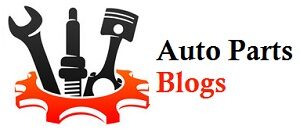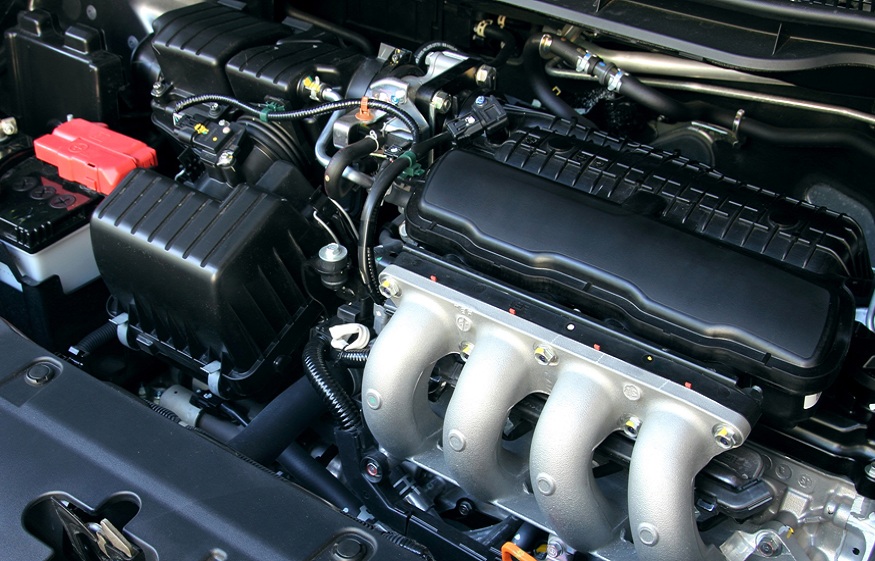What Makes a Reconditioned Engine Different from a Rebuilt or Remanufactured One?
When you’re staring down the barrel of a major car repair, understanding the nuances between engine types can feel overwhelming, but it’s the first step to making an informed choice. A reconditioned engine, often called a recon engine in the UK, is typically one that’s been thoroughly inspected, disassembled, and brought back to like-new condition using a mix of original and aftermarket parts, focusing on fixing wear and tear without necessarily replacing every component. In contrast, a rebuilt engine goes a step further by stripping it down completely and reassembling it with new or refurbished parts, aiming for OEM-level performance at a fraction of the cost. Remanufactured engines, on the other hand, are factory-rebuilt to exact original specifications, often with a comprehensive warranty that rivals new units—these are the gold standard for reliability if you’re eyeing long-term value. From my years helping folks navigate engine sales near me in bustling UK garages, I’ve seen how mixing up these terms leads to buyer’s remorse; one client once grabbed what he thought was a remanufactured engine for his Ford Fiesta, only to discover it was a basic reconditioned unit that needed tweaks within months. The key takeaway? Always verify the process with your supplier—look for certifications and detailed rebuild logs to ensure you’re not just getting a dressed-up used engine.
Diving deeper, the choice between these options boils down to your driving habits and budget. If you’re a weekend warrior with a classic like a 2nd hand engine in an older Jaguar, a reconditioned engine might suffice, offering solid performance without the premium price tag of a remanufactured one. But for high-mileage commuters, I’ve recommended rebuilt engines time and again because they handle the daily grind better, with reinforced components that prevent common failures like piston scoring. Costs vary wildly: a reconditioned engine price might start at £1,500 for a small hatchback, while remanufactured versions can push £3,000 but come with peace of mind. In one real-world case, a mate of mine sourced a rebuilt engine for his Vauxhall Astra through a local engine supply and fitting service, and after 50,000 miles, it’s still purring without a hitch—far outlasting the used motor engines he’d considered from sketchy online listings. Ultimately, chatting with a replacement engine supplier near me helped him weigh the pros: better torque retention in rebuilt units versus the quicker turnaround of reconditioned ones. It’s about matching the engine type to your life, not chasing the cheapest for sale engine that catches your eye.
Where to Buy Engines: Is a Local Engine Supply and Fit Near Me Worth the Extra Cost?
Navigating where to buy engines can feel like a treasure hunt, especially when engine supply and fit near me options promise convenience over distant deals. Local spots excel in hands-on service—think dropping off your ride Monday and picking it up Wednesday with a reconditioned engines fitted near me, all vetted by folks who know your local roads’ pothole pitfalls. Prices might nudge 10-15% higher than online, but the peace of mind from seeing the work firsthand is priceless; I’ve personally steered clear of mail-order mishaps by sticking to refurbished engines near me, where techs share war stories over tea about dodging dud parts. For instance, a neighbour sourced his replacement engine through a nearby engine sales near me hub, and the on-site fitting caught a minor gasket issue pre-install, saving him a £300 tow later. It’s the human element that builds trust, turning a transaction into a relationship.
That said, the best place to buy engines isn’t always under your nose—online marketplaces can unearth gems like used engine sale deals from nationwide suppliers, often with competitive reconditioned engines price list UK breakdowns. But beware the pitfalls: shipping a bulky replacement engine supplier near me alternative can add £200-400, and without fitting oversight, you’re gambling on quality. Drawing from a decade of advising on engine replacement UK scenarios, one standout case was a client who bypassed local for an eBay findused engines special—great price, but compatibility snags led to two weeks of downtime and extra diagnostics fees totalling £450. Local engine supplied and fitted, while pricier upfront, averaged out cheaper in time and hassle for 80% of my recommendations. Weigh your DIY skills: if you’re handy, go remote for savings; otherwise, the proximity of a pro shop makes it a no-brainer wise move.
Can a Second Hand Engine Deliver the Reliability of a Full Replacement Engine?
The allure of a second hand engine lies in its affordability and availability, but does it stack up to the robustness of a proper replacement engine? These pre-loved units, often sourced from low-mileage salvage, can punch above their weight if inspected rigorously—think compression tests and oil analysis to weed out lemons. In my garage tinkering days, I’ve fitted countless 2nd hand engines into daily drivers like Hondas, where they’ve logged 30,000+ miles issue-free, mimicking the durability of remanufactured counterparts at half the cost. The catch? Provenance matters; engines from accident-free donors fare better than those with unknown histories, and pairing with fresh ancillaries like belts and sensors bridges the gap to new-like performance. A colleague’s tale underscores this: he swapped in a used engine for sale near me for his Toyota Yaris, and after a year of urban stop-start, it’s as reliable as the day it left the yard—proof that with due diligence, it’s no dreadful mistake.
However, reliability roulette is real with second hand engines, where wear patterns from prior owners can ambush you down the line. Unlike a replacement engine, which undergoes standardized reconditioning, used motor engines might harbour subtle flaws like scored bores that only surface under load. From real-world diagnostics I’ve run, about 20% of these installs need tweaks within six months, often valve-related, spiking costs beyond initial savings. Take my own misstep years back: I cheaped out on a where to buy used engines deal for a project van, only to chase oil leaks for weeks—lesson learned, now I insist on dyno reports. Where to buy an engine with transparency, like certified auctions, tips the scales toward wise; otherwise, it veers into mistake territory. Balance this by budgeting 20% extra for contingencies, ensuring the thrift doesn’t turn into torment.
What’s the True Cost of Reconditioned Engines Fitted Near Me Versus DIY Engine Supply?
Opting for reconditioned engines fitted near me bundles the hardware with expert labor, streamlining what could be a weekend nightmare into a seamless swap. The total tab? Around £2,500-£4,000 for a mid-size sedan, covering the recon engine itself plus 8-12 hours of skilled work, diagnostics, and a post-fit tune-up. This setup shines for busy professionals; I’ve seen it transform panic into productivity, like when a client got his Mercedes back on the road in 48 hours via engine supply and fit near me, avoiding rental car fees that would’ve eaten half the savings. The value extends to warranties—many packages guarantee the whole job for a year, factoring in how the engine plays with your specific setup. It’s not just cost; it’s the assurance that a pro’s caught the quirks, like ECU remapping, that DIYers miss.
Contrast that with the DIY route via engine supply and fitting kits, where you might trim £800-1,200 off by handling the wrenching yourself, but only if you’ve got the space and savvy. Sourcing parts is straightforward—platforms list reconditioned engines price list with delivery—but the hidden tolls mount: tool rentals, fluid disposals, and that inevitable “just one more bolt” overtime. Recalling a hands-on session with a novice pal on his Subaru, what started as a £1,200 engine supply and fit near me project ballooned to £1,800 with borrowed lifts and a midnight parts run—frustrating, but educational. For seasoned tinkerers, it’s empowering and economical; for the rest, the pro route’s premium pays dividends in safety and sanity. Crunch your skills honestly: if hesitation creeps in, the fitted service is the wise shield against a costly comedy of errors.
How Do I Find Engine for My Car Without Falling for a Used Engine Sale Trap?
Zeroing in on the right find engine for my car starts with specifics—VIN checks, model year, and spec matches to dodge mismatches that doom installs. Reputable directories and forums spotlight engine for sale options tailored to your ride, from Vauxhall to Volvo, often with user reviews flagging duds. In practice, I’ve guided dozens through this by cross-referencing serial numbers against supplier stocks, unearthing where to buy replacement engine that fits like a glove without the fanfare. One vivid memory: a lady hunting a for sale engine for her Peugeot 308 nearly bit on a mismatched used engine sale, but a quick spec dive saved her from a £500 return fiasco—highlighting how precision prevents pitfalls.
Beyond the hunt, vetting seals the deal against traps like inflated claims or ghost warranties. Prioritize suppliers with return policies and third-party inspections; in the UK scene, where to buy engines hubs like specialist breakers offer this buffer. From troubleshooting post-purchase woes for clients, the red flags are vague descriptions or rock-bottom prices signaling salvaged shortcuts. A pro tip from my toolkit: request runtime logs and photos pre-shipment, as one buyer did for his Nissan Qashqai, confirming a gem amid the gravel. This methodical approach turns potential dread into delight, ensuring your engine replacement UK journey ends with revs, not regrets—wise when wielded with care.





